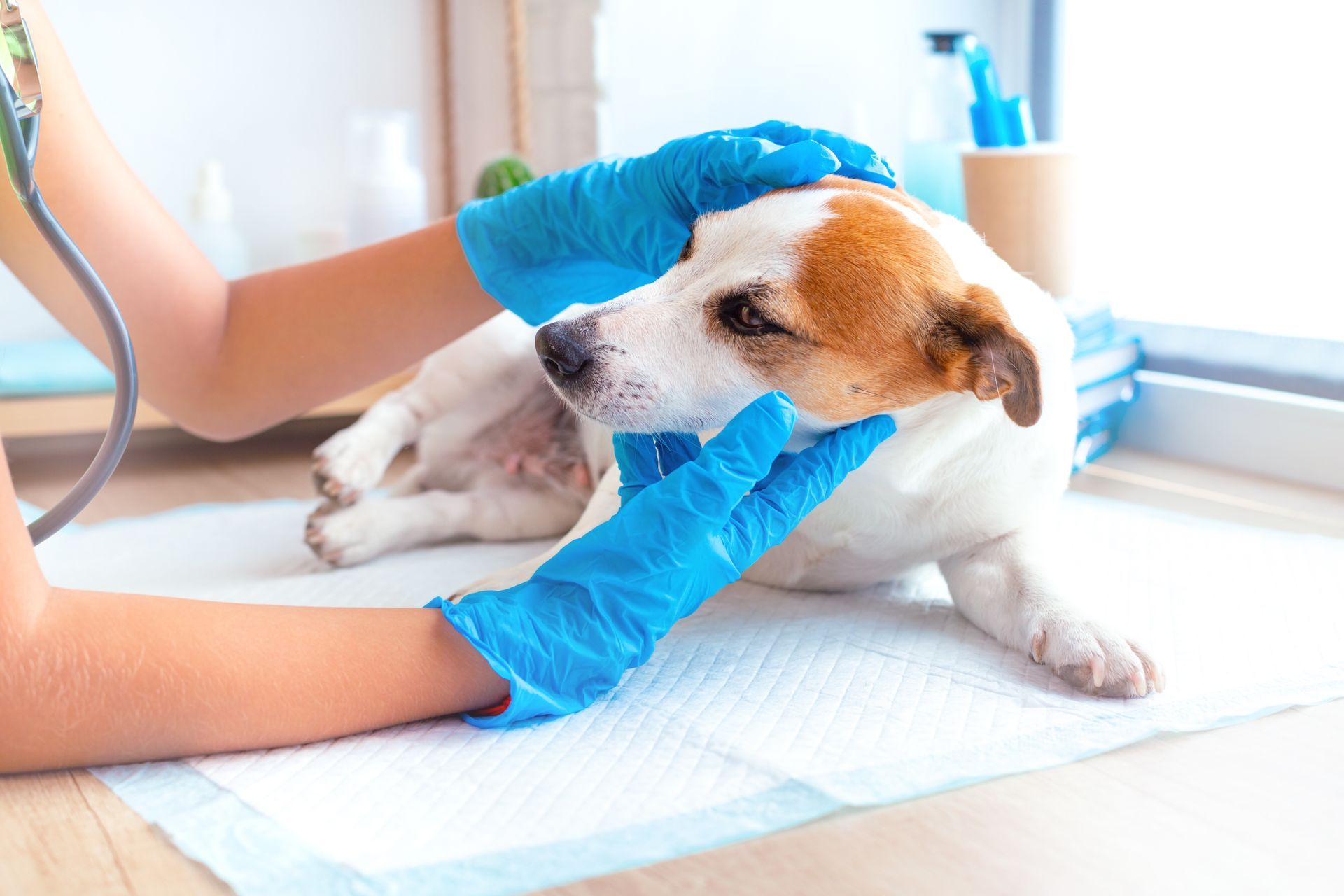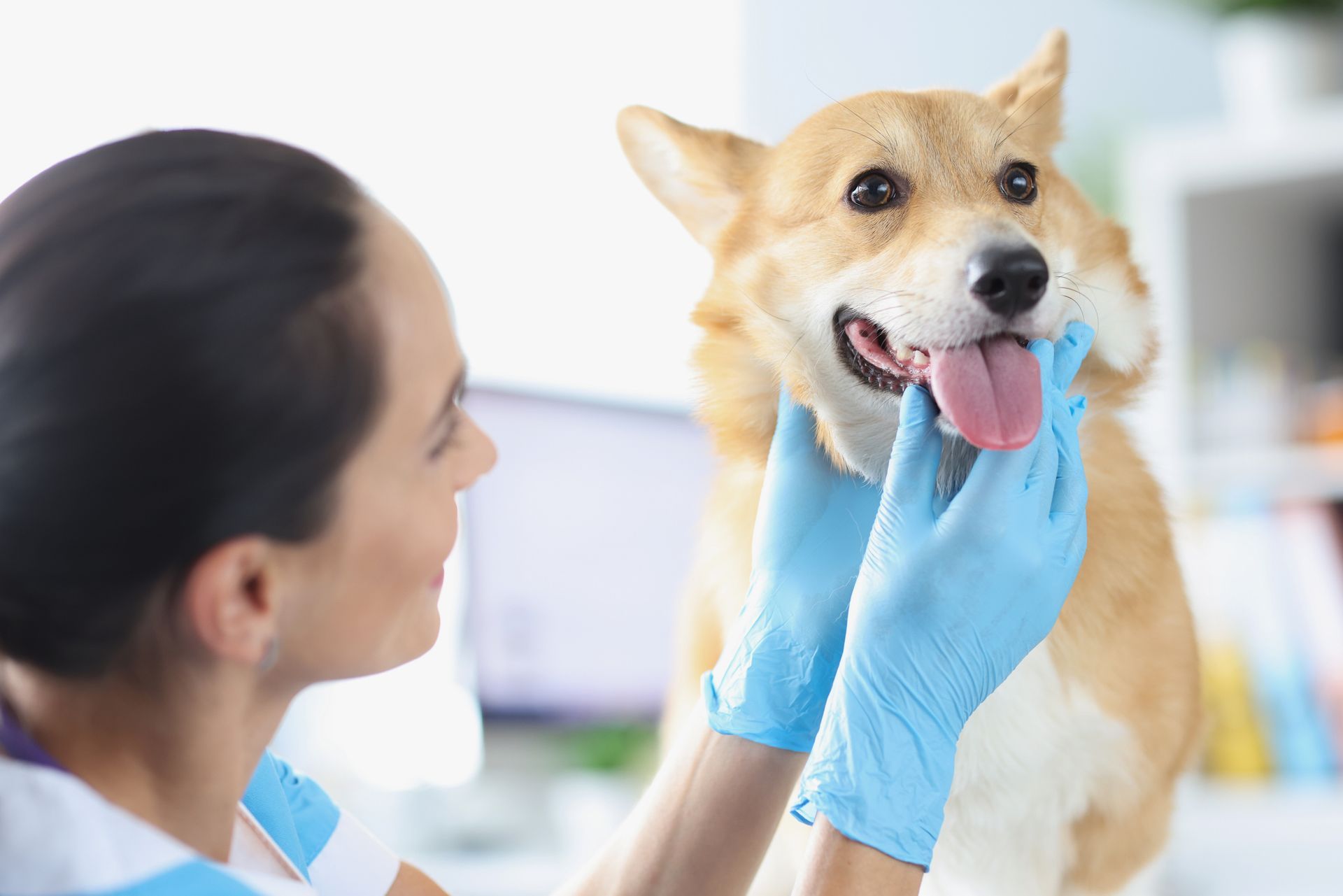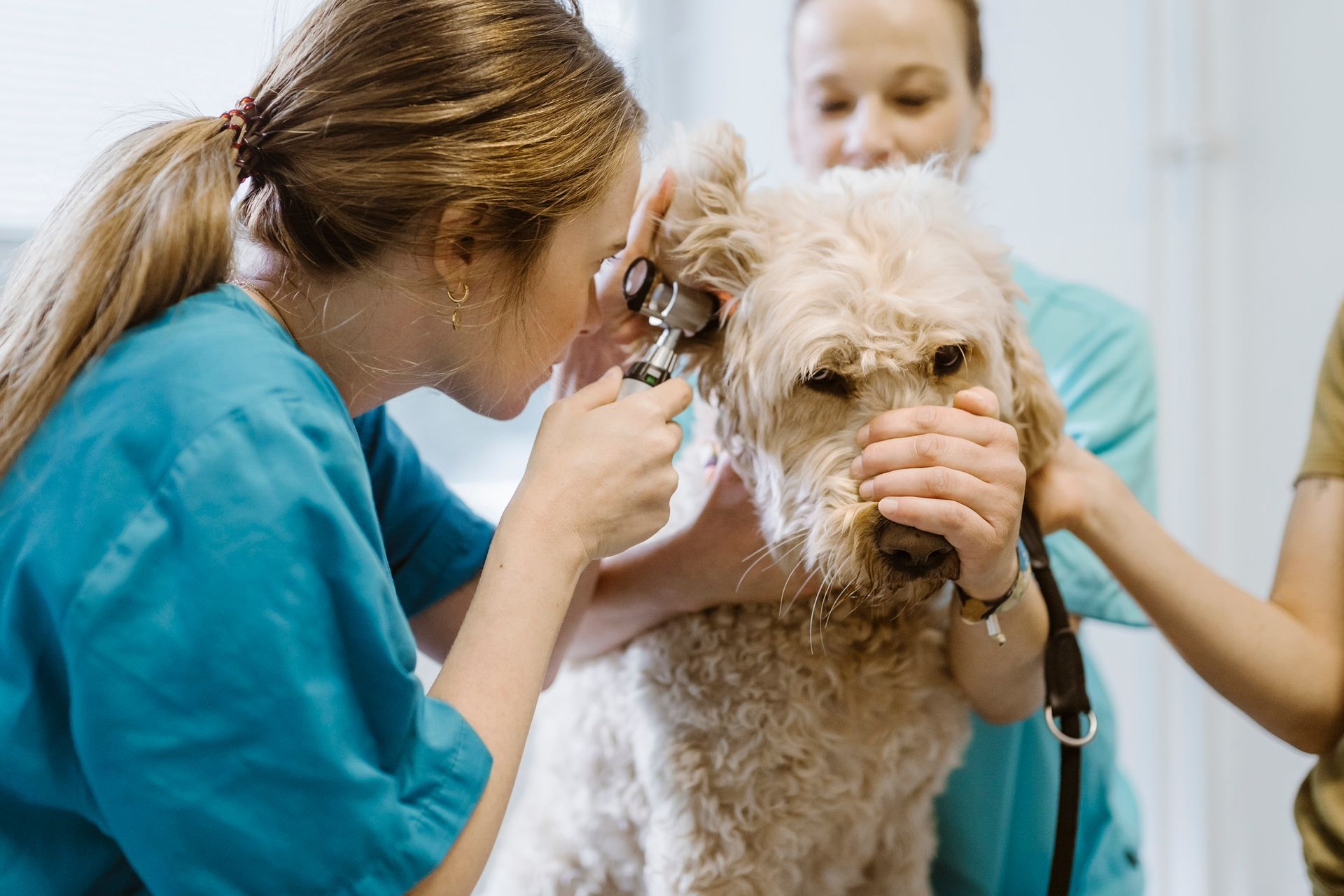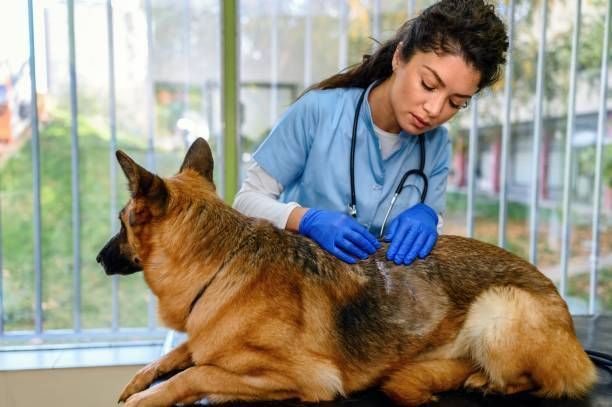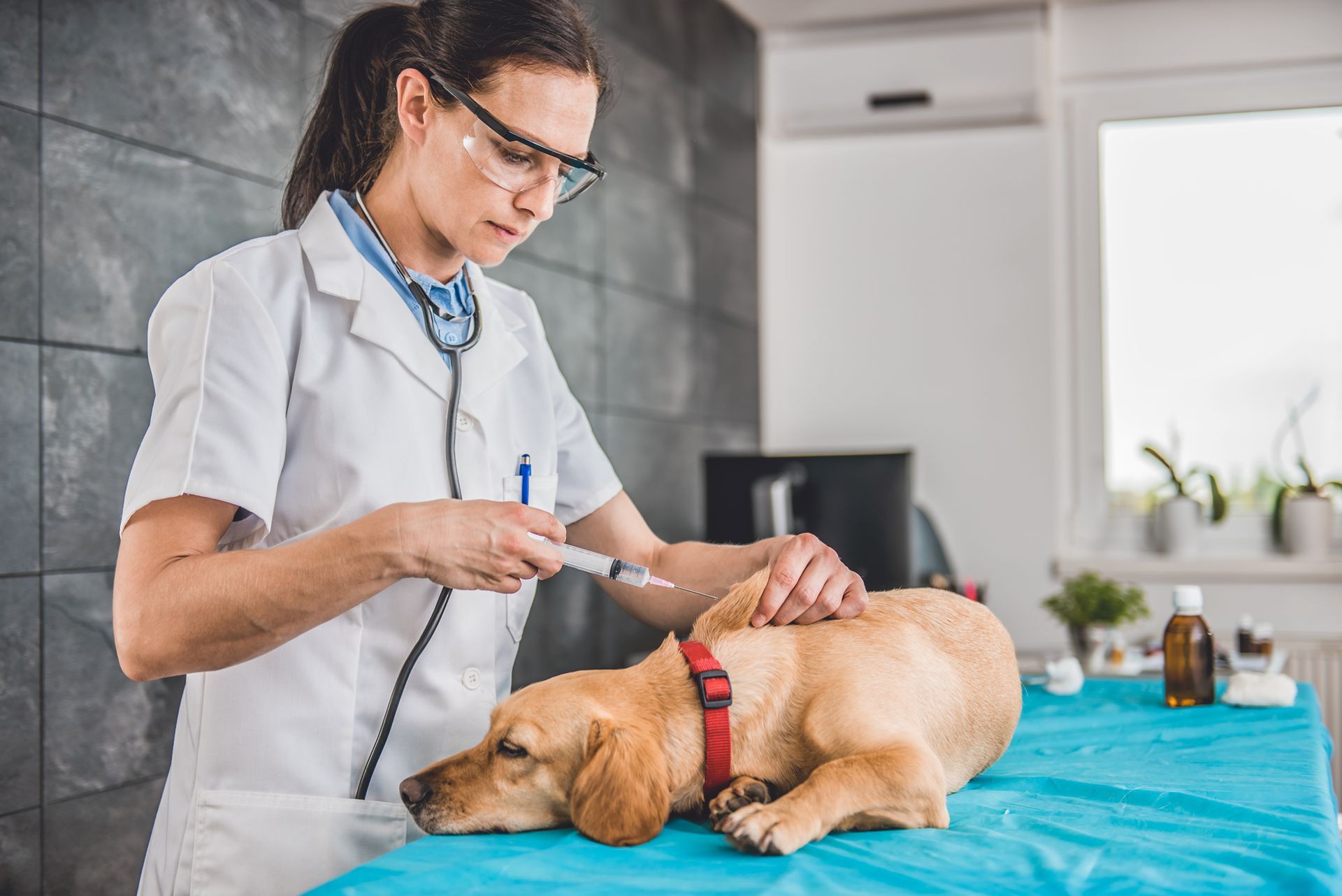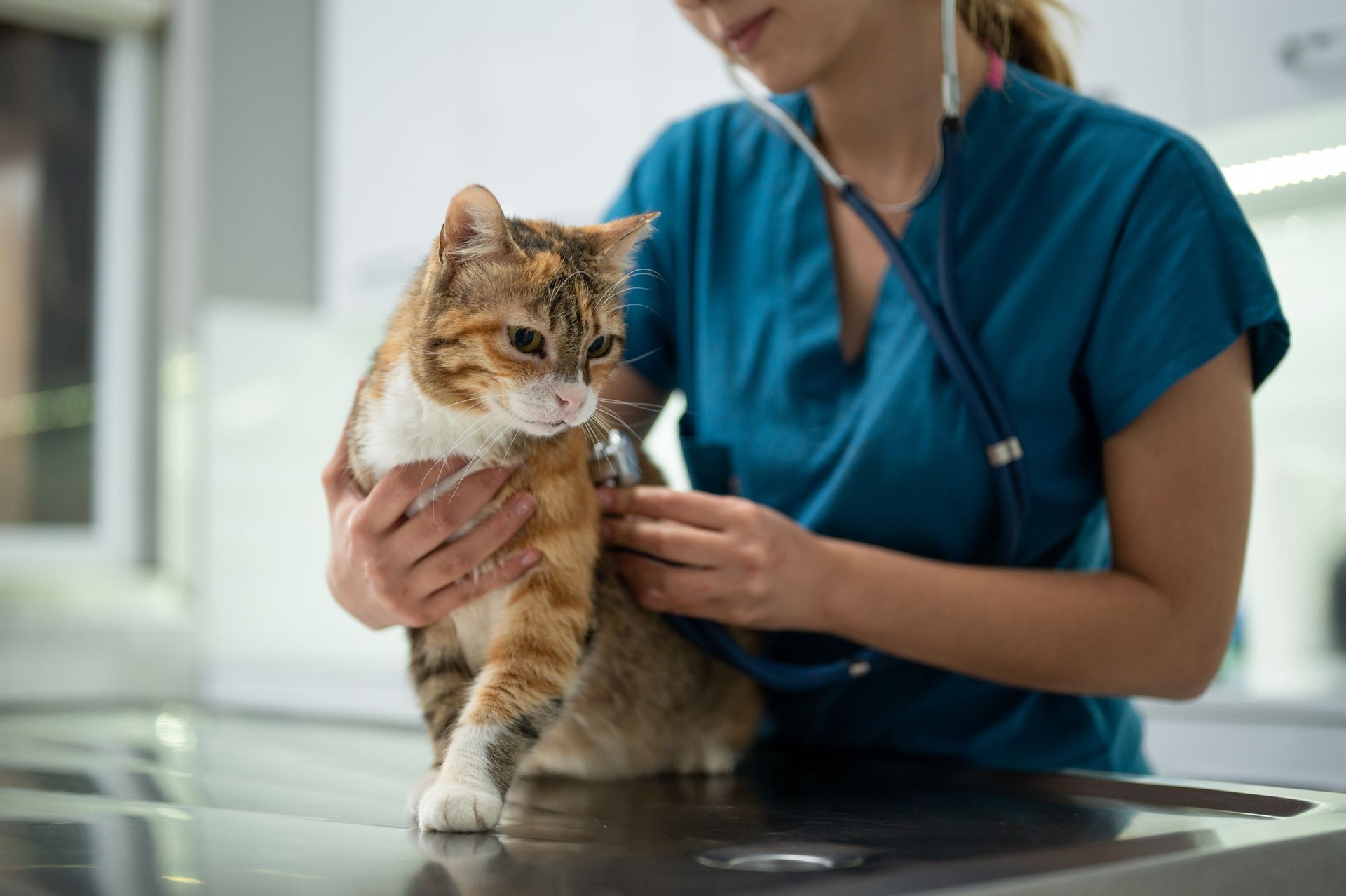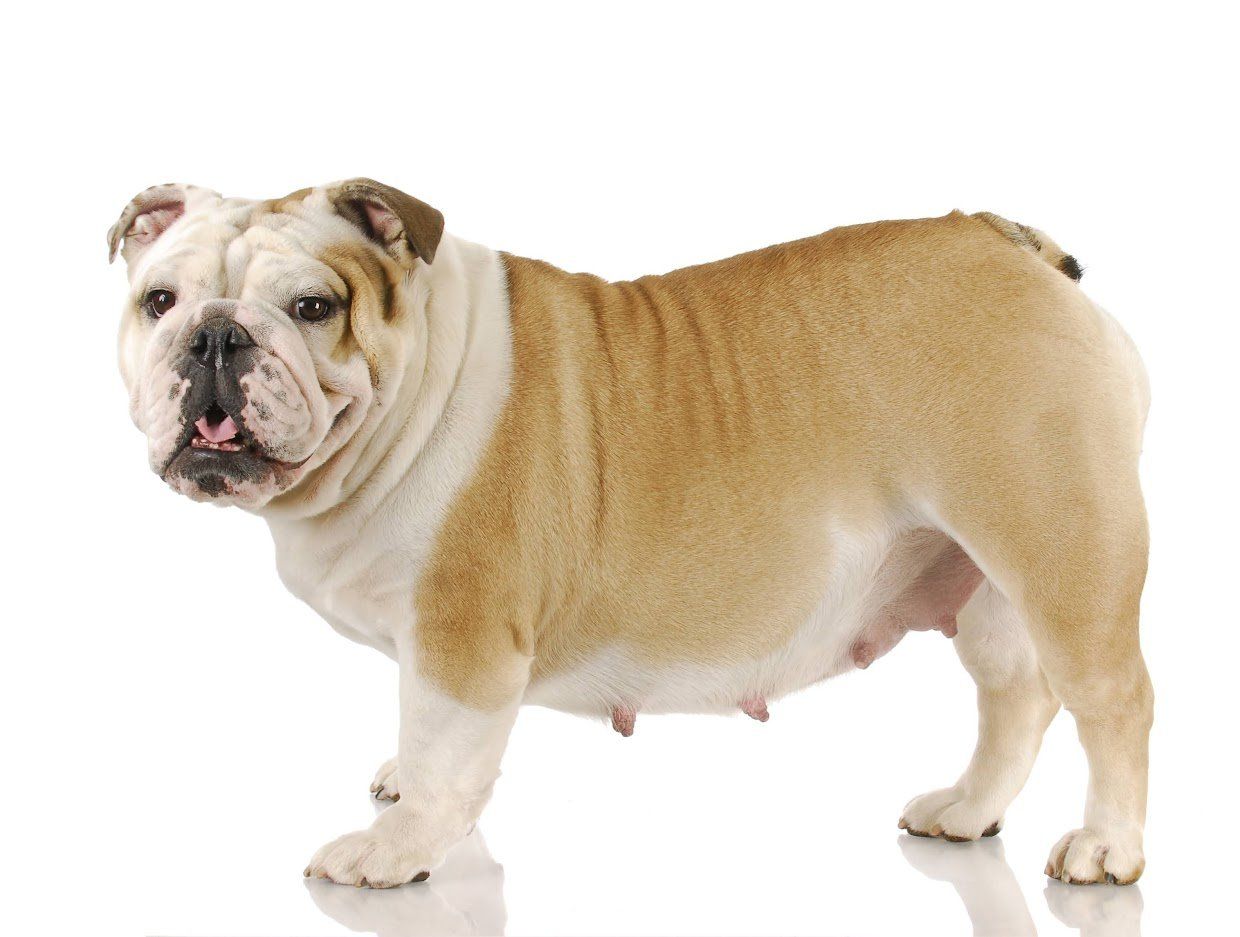The Importance Of Spaying Or Neutering Your Pet At A Young Age

You love your pets and want them to live a healthy and long life. One crucial step towards achieving a happy and healthy pet is spaying or neutering your pet at a young age (although you can spay or neuter at an older age). It is vital to understand the advantages and the process involved in spaying or neutering pets. Explore why it is important to spay or neuter your pet at a young age, how you can tell if a female pet is in heat, and what the benefits of spaying or neutering your pet are.
Preventing Unwanted Litters
Many animals end up in shelters because their owners failed to spay or neuter them, leading to unplanned mating and producing unwanted offspring. Spaying or neutering your pet also helps reduce the number of stray animals on the streets, which can cause safety concerns for both the animal and the community. By spaying or neutering your pet, you are helping to control the animal population while ensuring that your pet is happy and healthy.
Knowing When a Female is in Heat
During heat, a female pet's vulva swells, and she may experience bloody discharge. The female pet will also experience various behavioral changes. Not only can she become more affectionate and restless, but she may also exhibit heightened territorial behavior. Moreover, female pets tend to be more vocal and show increased attraction towards male pets. These changes are natural and part of the reproductive cycle in female animals. It is vital to spay your female pet before her first heat cycle to avoid unwanted pregnancies and reduce the risk of ovarian or mammary cancer.
Benefits of Spaying or Neutering Your Pet
The benefits of spaying or neutering your pet go beyond controlling their breeding behavior. Spaying reduces the risk of uterine or mammary cancer in female pets, which can be fatal if not detected early. Neutering your male pet reduces the risk of testicular cancer and prostate problems. Spayed or neutered pets also tend to be more well-behaved and less prone to mark their territory or exhibit aggressive behavior. Additionally, spaying or neutering your pet can help increase their lifespan, as they are less likely to engage in dangerous roaming behavior.
Considerations for Spaying and Neutering
It is important to note that spaying or neutering your pet does not change their personality or character and, in fact, can help them lead a happier and healthier life. It's a common myth that spaying or neutering will make a pet lazy and cause it to gain weight, but rest assured, this is not the case. Your pet will retain an active and interactive lifestyle free of the burden of regular heat cycles and the urgency to mate, which is a good thing. The procedure is typically done under general anesthesia, and most pets recover quickly. The procedure involves the removal of the reproductive organs, and there are minimal risks involved. Your veterinarian will be able to provide you with more information on what to expect during, and after the procedure, especially if you have an older pet you want to get fixed.
While getting a pet spayed or neutered at a younger age is ideal, you can spay or neuter at almost any age. By reducing the risk of unwanted pregnancies and stray animals, you are helping control the animal population while providing your pet with a safer and healthier life. Spaying or neutering your pet also reduces the risk of fatal cancers and improves their behavior, lifespan, and longevity. If you're ready to have your pet spayed or neutered, schedule an appointment with us by calling our veterinarian's office at Baywood Animal Hospital today.

